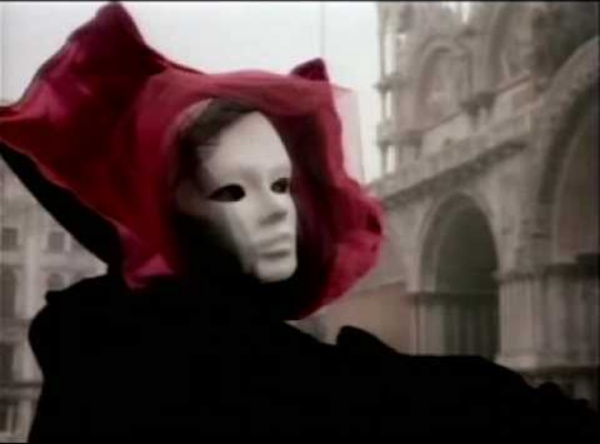



http://www.youtube.com/watch?v=nGdFHJXciAQ
Ether The general structure of an ether Ethers /ˈiːθər/ are a class of organic compounds that contain an ether group — an oxygen atom connected to two alkyl or aryl groups — of general formula R–O–R'.[1] A typical example is the solvent and anesthetic diethyl ether, commonly referred to simply as "ether" (CH3-CH2-O-CH2-CH3). Ethers are common in organic chemistry and pervasive in biochemistry, as they are common linkages in carbohydrates and lignin. Seven deadly sins According to Catholic moral thought, the seven deadly sins are not discrete from other sins, but are instead the origin ("capital" comes from the Latin caput, head) of the others. Vices can be either venial or mortal, depending on the situation, but "are called 'capital' because they engender other sins, other vices".[2] Beginning in the early 14th century, the popularity of the seven deadly sins as a theme among European artists of the time eventually helped to ingrain them in many areas of Catholic culture and Catholic consciousness in general throughout the world. One means of such ingraining was the creation of the mnemonic acronym "SALIGIA" based on the first letters in Latin of the seven deadly sins: superbia, avaritia, luxuria, invidia, gula, ira, acedia.[3] Biblical lists[edit] A proud lookA lying tongueHands that shed innocent bloodA heart that devises wicked plotsFeet that are swift to run into mischiefA deceitful witness that uttereth liesHim that soweth discord among brethren
Amadeus In the play, significant use is made of the music of Mozart, Salieri and other composers of the period. The premieres of Mozart's operas The Abduction from the Seraglio, The Marriage of Figaro, Don Giovanni, and The Magic Flute are each the setting for key scenes of the play. Plot[edit] Since the original run, Shaffer has extensively revised his play, including changes to plot details; the following is common to all revisions. Salieri cannot reconcile Mozart's boorish behaviour with the genius that God has inexplicably bestowed upon him. Indeed, Salieri, who has been a devout Catholic all his life, cannot believe that God would choose Mozart over him for such a gift. Immortals (Persian Empire) Immortals in ceremonial dress, in Darius palace at Susa Herodotus describes the 'Immortals' as being heavy infantry, led by Hydarnes, that were kept constantly at a strength of exactly 10,000 men. He claimed that the unit's name stemmed from the custom that every killed, seriously wounded, or sick member was immediately replaced with a new one, maintaining the numbers and cohesion of the unit.[3] This elite corps is only called the 'Immortals' in sources based on Herodotus.
Angelfire: Hosting Packages - Plans and Pricing Site Builder Shopping Cart Start selling, today! Use our quick and easy Shopping Cart Add-on for the Angelfire Site Builder and get an online store up and running in minutes. Site Builder Styles